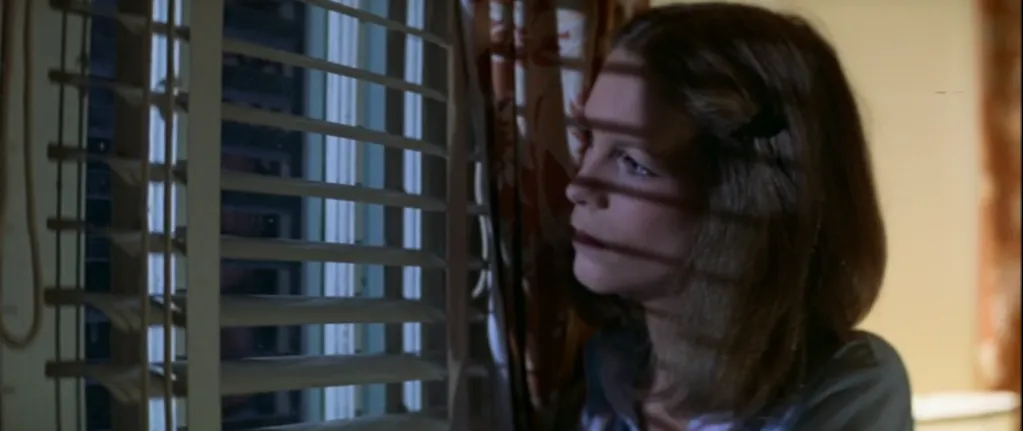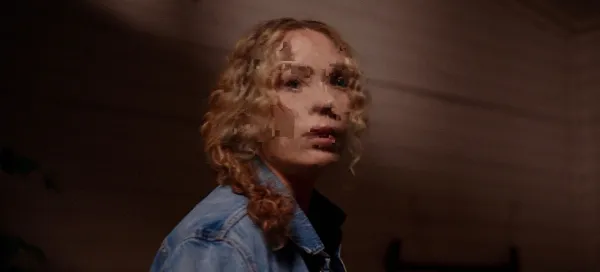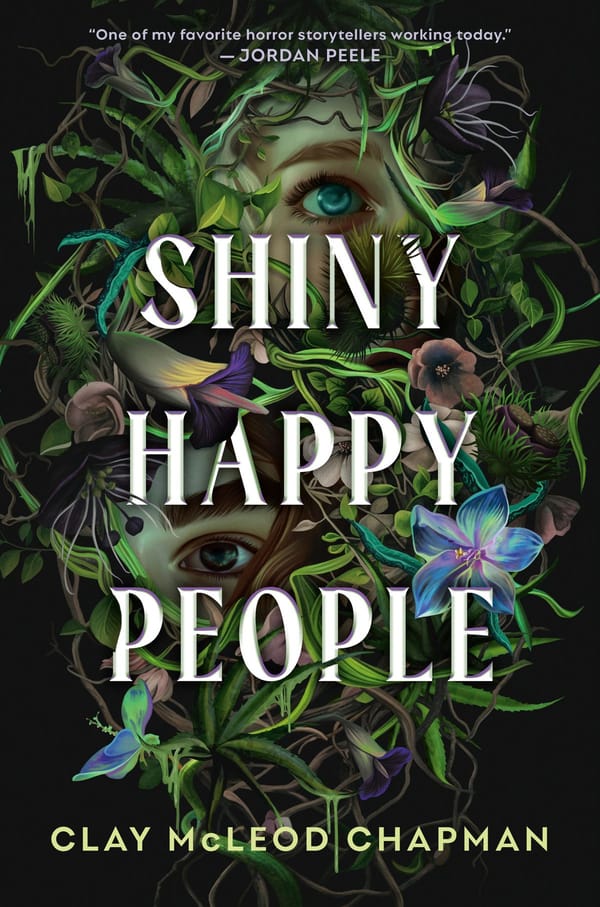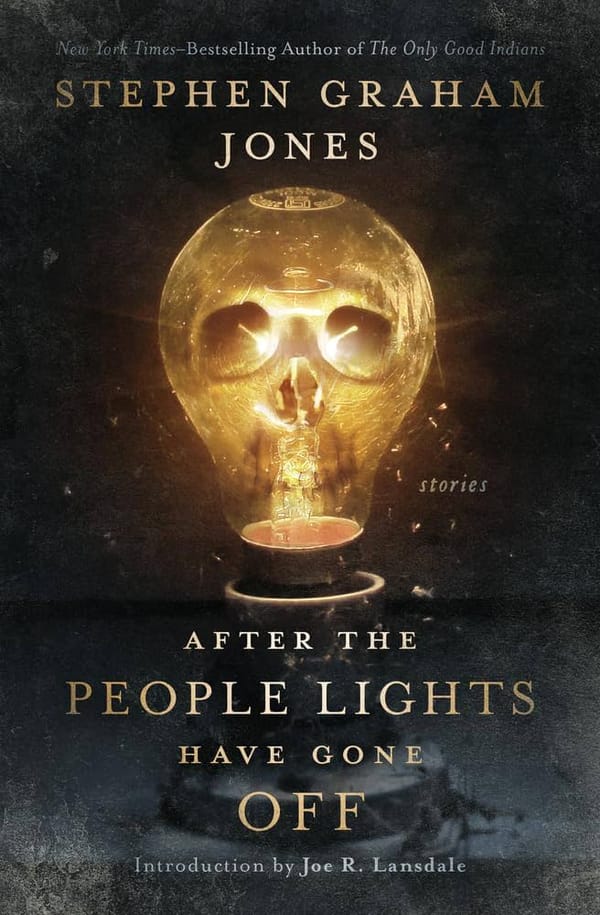Tracing The Shape 15: Laurie's Longing

"Everybody's having a good time tonight," Laurie Strode says, peering through the blinds out at the Wallace house across the street.
This is a very small moment, Laurie looking out at the lives of her friends with longing and a bit of sadness in her eyes, but Carpenter returns to it twice in the span of about two minutes, so I think it's worth lingering on. To cast Laurie Strode as the virtuous goodie goodie who survives while her friends and their sexual appetites die across the street is to oversimplify her, to round off her harder edges and rob her of a certain depth.
In these moments, after noticing Lynda and Bob are over at the Wallaces' and talking to Lynda on the phone to let her know they have the house to themselves, we are reminded that Laurie is not solely focused on virtuous behavior. She's going to do her job, she's going to care for these kids and be kind to her friends because she's a good person, but Laurie Strode wants something more. She dreams of it, and the longer the night wears on, the more those dreams knock around her brain.
Just a couple of scenes ago, we saw how Laurie's care and kindness shaped a certain comfortable protective bubble around the Doyle house, and we also saw her don a motherly apron while Annie was ready to run off in her underwear to pick up her boyfriend. The domesticity of Laurie's posture, and the comfort with which she seems to slip into that role, reveal a young woman who's used to this kind of thing in all corners of her life. She looks out for her Dad, her friends, her schoolwork, these kids. She is the constant caretaker.
But at this point in the night, you can see a level of exhaustion crossing her face. You see it in the way she carries the finished jack-o'-lantern to the dining room table, in the way she sits down with the kids and then reluctantly peels herself off the couch when the phone rings. When Lynda asks what she's doing, she quietly replies "Sitting down for the first time tonight." She reminds me of my Mom, tugged in a million directions at once, not complaining exactly but quite aware of how much she's juggling.
And yet her eyes keep going to the house across the street, to Lynda's antics, and Annie's, and the promise of freedom just a few feet away, beyond the dark windshield of Bob's blue van.
The little bubble of domestic comfort Laurie has created for herself, for Tommy and Lindsey, even for her friends, feels more like a prison now, and the weight of everything we know about her hits hard. She likes Ben Tramer, enough to confide in Annie that she likes him, and yet she pushes her chance at going out with him away the moment that Annie tries to set them up. She protests that "guys think I'm too smart," and then spurns any chance at being proven wrong. She clearly wants more from her high school life than what she's getting, and yet portrays herself as unworthy of it, even scared of it.
On a very basic, universally human level, we can all understand this. We've all had that one crush we don't know how to pursue, that one moment – whether it's in junior high or college or beyond – when we just don't know what to do once we've figured out that we like someone. There's a remarkable vulnerability in the way Curtis portrays this, pursing Laurie's lips in resignation as she realizes she's pushing away her chance to be more like her friends.
But if we're following through with my earlier invocation of magic – in the sense that magic is a concentrated expression of human will – as a driver of this story, it feels like there's something more to Laurie Strode. She has this power, this extraordinary patience, which allows her to slip into these domestic roles, play the mature friend, push away her chance to be more like Annie and Lynda. But the longer we spend with her, the more it feels less like patience than a kind of reluctant determination.
Laurie sets her jaw, moves ahead with the mundane night she'd always expected, not because she doesn't want to go have fun with her friends, or because she's incapable of said fun, but because a part of her knows she has to. That means taking care of these kids, yes, but it also means, for me, that when Laurie Strode looks out the window, she sees more than Bob's van parked in front of a darkened house.
She looks out into the dark and a part of her knows the Boogeyman is staring back. Like Laura Palmer years later, deep down a part of Laurie Strode knows that she was born for this night, made for it. She doesn't know why yet, but she feels it, and that's the tragedy of Laurie. She will forge ahead and fight this battle, and she will suffer for it, and she will miss the life she could have had, because she's strong enough for that.
Next Time: Michael vs. Bob!



